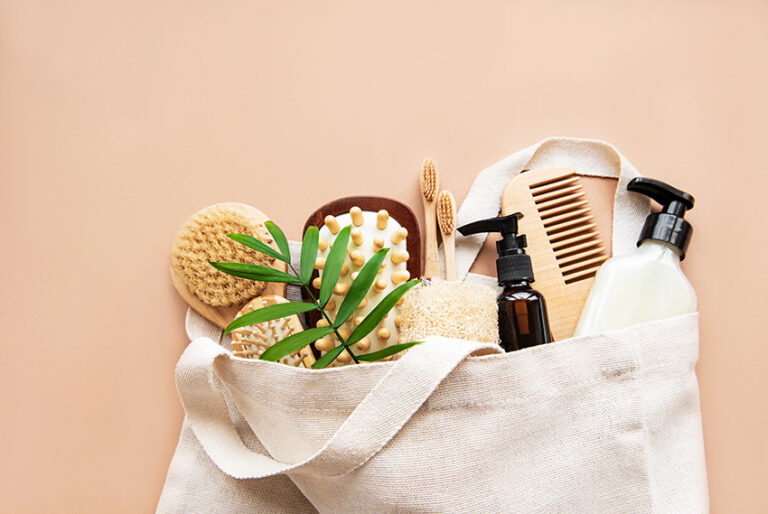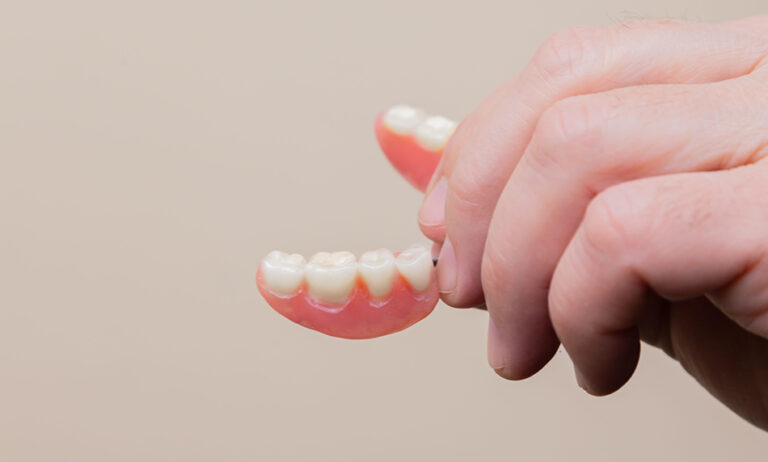Sugar alternatives (also called sweeteners) have been around for decades. Over the years, though, some of these sweeteners – such as saccharin – have proven to be potentially harmful to your health. Stevia is a relative newcomer, and it’s often touted to be one of the best and safest sugar alternatives available today. Below, you can learn more about stevia and whether it’s the right sweetener choice for your family.
What is Stevia, Anyway?
Stevia is a sugar substitute that is derived from the leaves of a plant by the same name – the stevia plant. The Journal of Nutrition published a scholarly article all about the science of stevia and how the leaves are converted into the products you can find on store shelves. Like many other sweeteners available on the market, stevia is usually about 200 times sweeter than the table sugar you might put in your coffee or tea. However, it is 100% free from things like carbohydrates and calories, and it is also completely natural since nothing artificial is added. This is what separates stevia from many of the other sweetener options available on store shelves.
Where to Find Stevia
Stevia is available in most grocery stores. It comes in a liquid or powder form, which means you can use it when baking or when sweetening a beverage like iced tea. Many big brands have started utilizing stevia in their products, too. Major United States soft drink makers offer stevia-sweetened soda and even flavored water. In larger cities, local bakeries often prepare a selection of goods that are sweetened with stevia to provide tasty sugar-free options to the public. WooBamboo utilizes stevia in its sugar- and fluoride-free toothpastes to provide the delicious taste that appeals to adults and children alike, as well.
Stevia’s Benefits
Many people around the world – and especially Americans – consume far more sugar than they should on a day-to-day basis. Aside from drinking sugar-laden sodas, many of the everyday foods we buy at the grocery store contain a shocking amount of added sugar. Ketchup, one of the most beloved condiments of them all among American children, contains a whopping four grams of added sugar per tablespoon. To put that into perspective, a single sugar cube is approximately one gram, and there are four sugar cubes in a single tablespoon of ketchup. That’s a lot of sugar, and it isn’t just ketchup. The main benefit to stevia is that it isn’t sugar at all, and it doesn’t produce an insulin response, but it still provides a sweet flavor that many of us crave.
Are There Any Potential Risks?
It’s important to note that only the purified form of stevia – also known as stevioside – is FDA approved. Check your ingredient labels for words like stevia extract or the scientific plant name, Stevia rebaudiana. These indicate that the purified version has been used and the FDA has deemed it safe for consumption. Some natural foods stores sell whole stevia leaves and crude extracts, but as of the time of writing, these are not FDA approved as safe. Aside from this, the only other downside is that some people find stevia to be bitter rather than sweet, but this is a matter of personal preference.
Stevia is a wonderful alternative to sugar, and it’s one that continues to grow in popularity each year. It’s perfect to add to your coffee, tea, or cereal, and you can even bake with it if you want to make delicious treats without all the sugar. Keep in mind that there may be textural differences when baking with it, so you may need to experiment until you find the consistency that your family likes.





